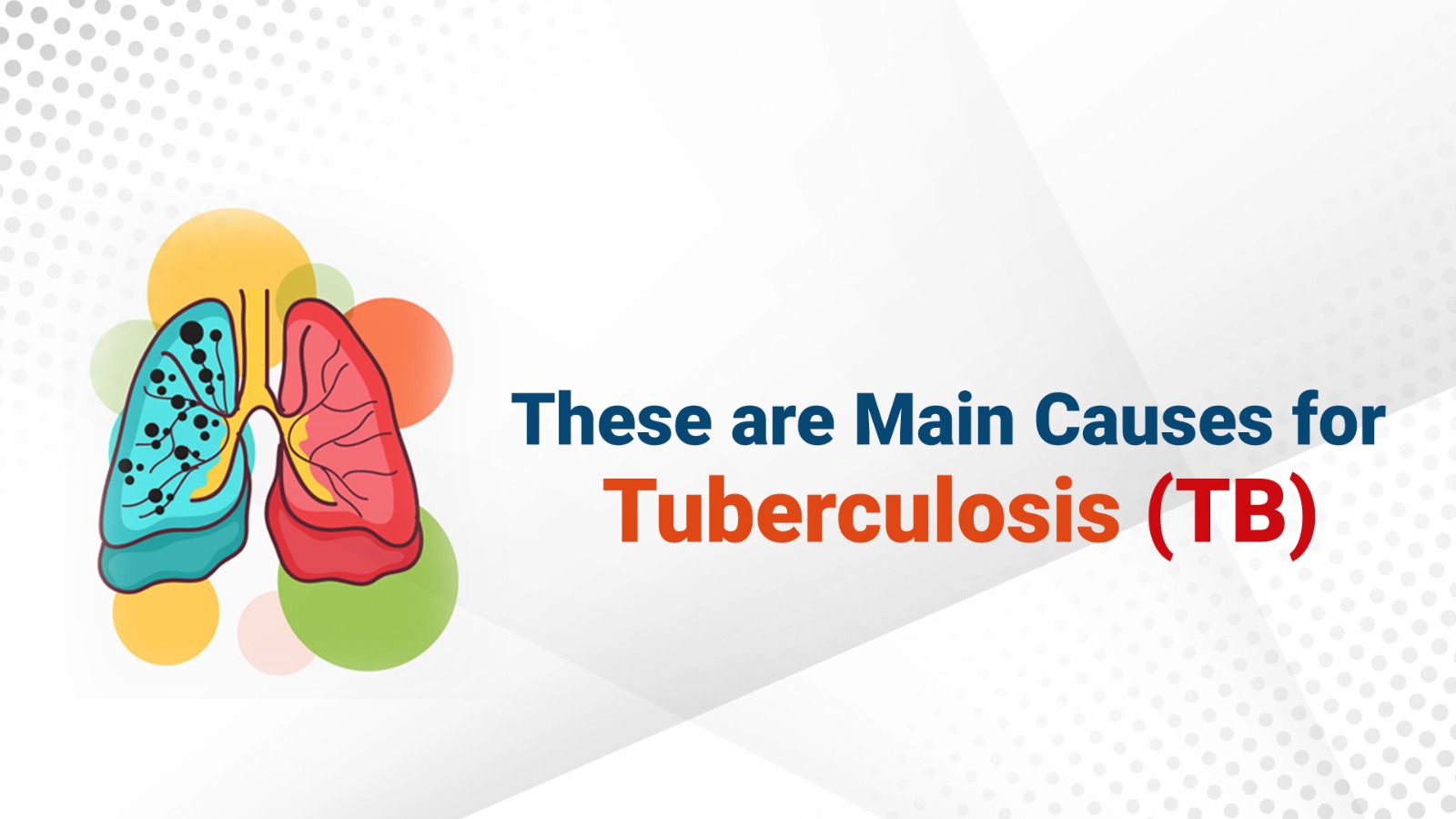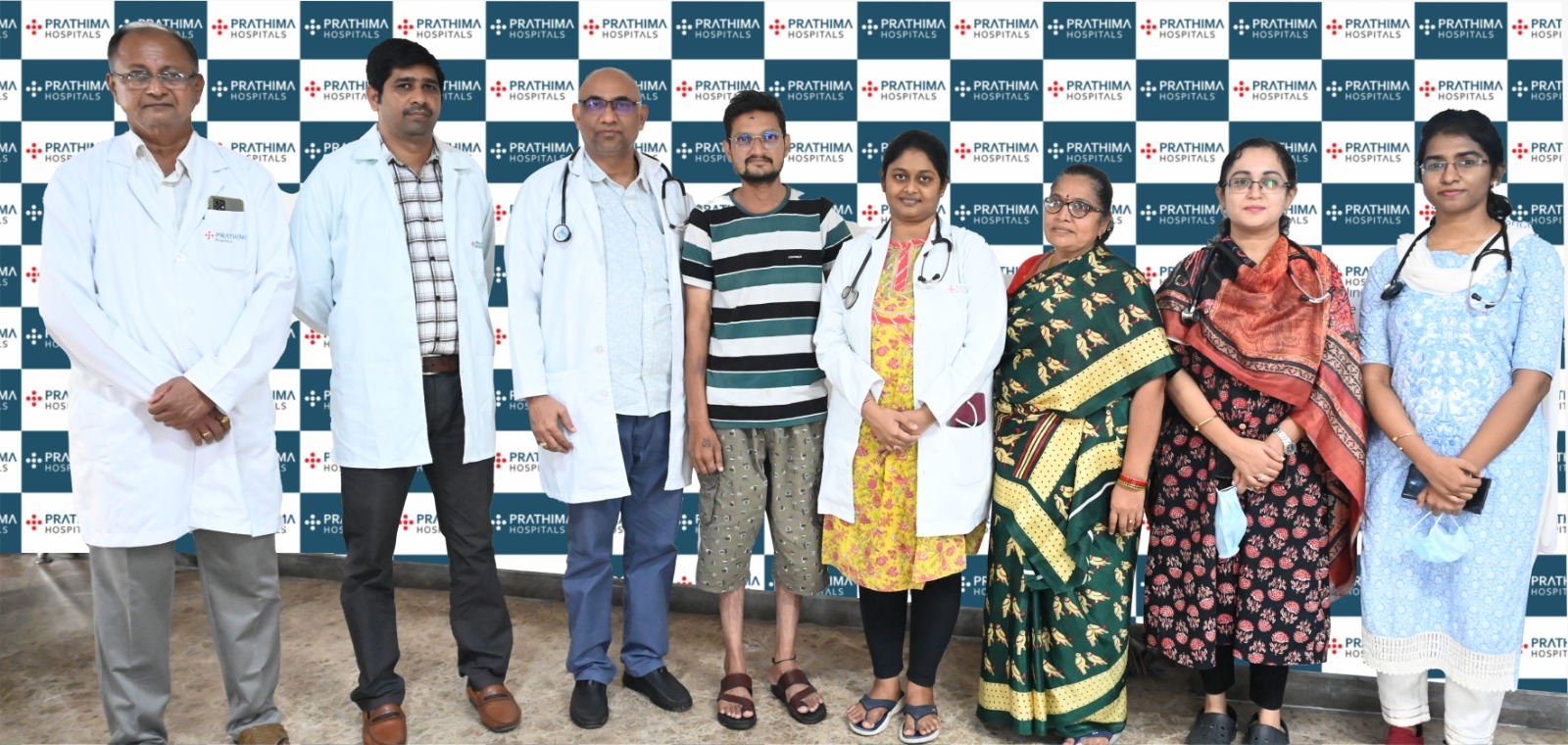These are the Main Causes for Tuberculosis (TB)

These are the Main Causes for Tuberculosis (TB)
Tuberculosis (TB) is an infectious disease caused by the bacterium Mycobacterium tuberculosis. It primarily affects the lungs but can also affect other parts of the body such as the kidneys, spine, and brain. TB is a serious global health issue, with an estimated 10 million cases and 1.5 million deaths reported in 2020 by the World Health Organization (WHO). In this article, Dr. Kona Himabindu Reddy, Senior Pulmonologist at Prathima Hospital will discuss in detail about the main causes of tuberculosis.
Transmission from person to person
TB is a contagious disease that spreads from person to person through the air. When an infected person coughs, sneezes, or talks, they release droplets containing the bacteria into the air. These droplets can be inhaled by others who are in close proximity to the infected person, and they can become infected as well. TB is more likely to spread in crowded living conditions, such as prisons or homeless shelters.
Weak immune system
People with weakened immune systems are more susceptible to TB. This includes people living with HIV/AIDS, as well as those with other conditions that compromise their immune systems, such as diabetes, cancer, or malnutrition. A weakened immune system makes it harder for the body to fight off the bacteria that cause TB, which increases the risk of contracting the disease.
Exposure to infected animals
TB is primarily a human disease, but it can also be transmitted from infected animals to humans. This is called zoonotic tuberculosis. Animals that are commonly infected with TB include cattle, goats, and deer. People who work closely with these animals, such as farmers or veterinarians, are at a higher risk of contracting zoonotic tuberculosis.
Poor living conditions
Living in poor conditions can also increase the risk of TB. This includes living in overcrowded or poorly ventilated spaces, as well as being exposed to smoke or other air pollutants. People living in poverty are more likely to be exposed to these conditions, and therefore are at a higher risk of contracting TB.
Lack of access to healthcare
A lack of access to healthcare can contribute to the spread of TB. People who are unable to access healthcare facilities are less likely to receive proper treatment for TB, which can lead to the disease spreading further. This is particularly true in low-income countries, where resources for healthcare are limited.
Resistance to antibiotics
TB can develop resistance to antibiotics, making it more difficult to treat. This is known as drug-resistant TB (DR-TB). DR-TB occurs when the bacteria that cause TB mutate in response to the antibiotics used to treat the disease. People who have previously been treated for TB, or who have been exposed to someone with DR-TB, are at a higher risk of contracting this form of the disease.
Smoking
Smoking can also increase the risk of TB. Tobacco smoke damages the lungs, making them more vulnerable to infections such as TB. It also weakens the immune system, making it harder for the body to fight off the bacteria that cause TB. Smokers who contract TB are also more likely to experience complications and have a poorer treatment outcome.
In conclusion, tuberculosis is caused by a range of factors including person-to-person transmission, a weak immune system, exposure to infected animals, poor living conditions, a lack of access to healthcare, resistance to antibiotics, and smoking. Understanding these causes is important in preventing the spread of TB and ensuring that those who are infected receive proper treatment. It is essential to take measures to prevent and control TB, such as improving living conditions, providing access to healthcare, and increasing awareness of the disease.
Early Diagnosis can prevent the sevearity of the Tuberculosis. It is highly advisable to consult best pulmonologist in hyderabad at the earliest to prevent the complications.
For Any Appointment Booking:
📅:: https://prathimahospitals.com/book-appointment/
For more details:
📞:: 733 733 6600 | 040 4345 4345
🌐:: www.prathimahospitals.com



